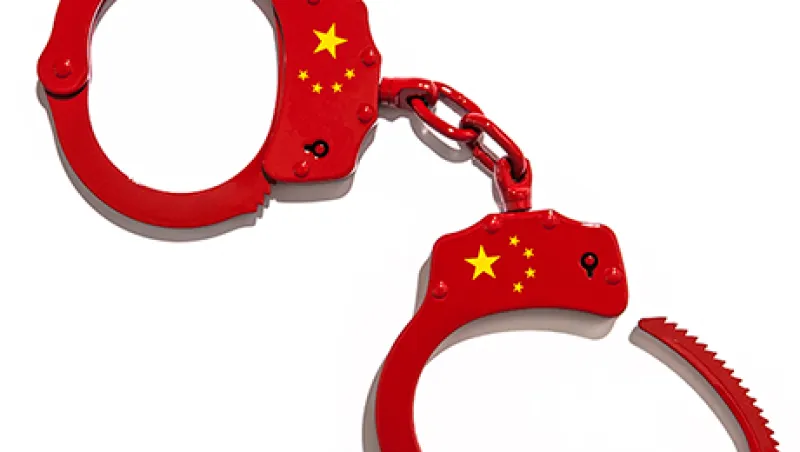
Beijing Is Cracking Down on Corruption — Big Time
President Xi Jinping’s anticorruption campaign is hampering business in China and raising risks for foreign investors.
Allen T Cheng
July 12, 2015


